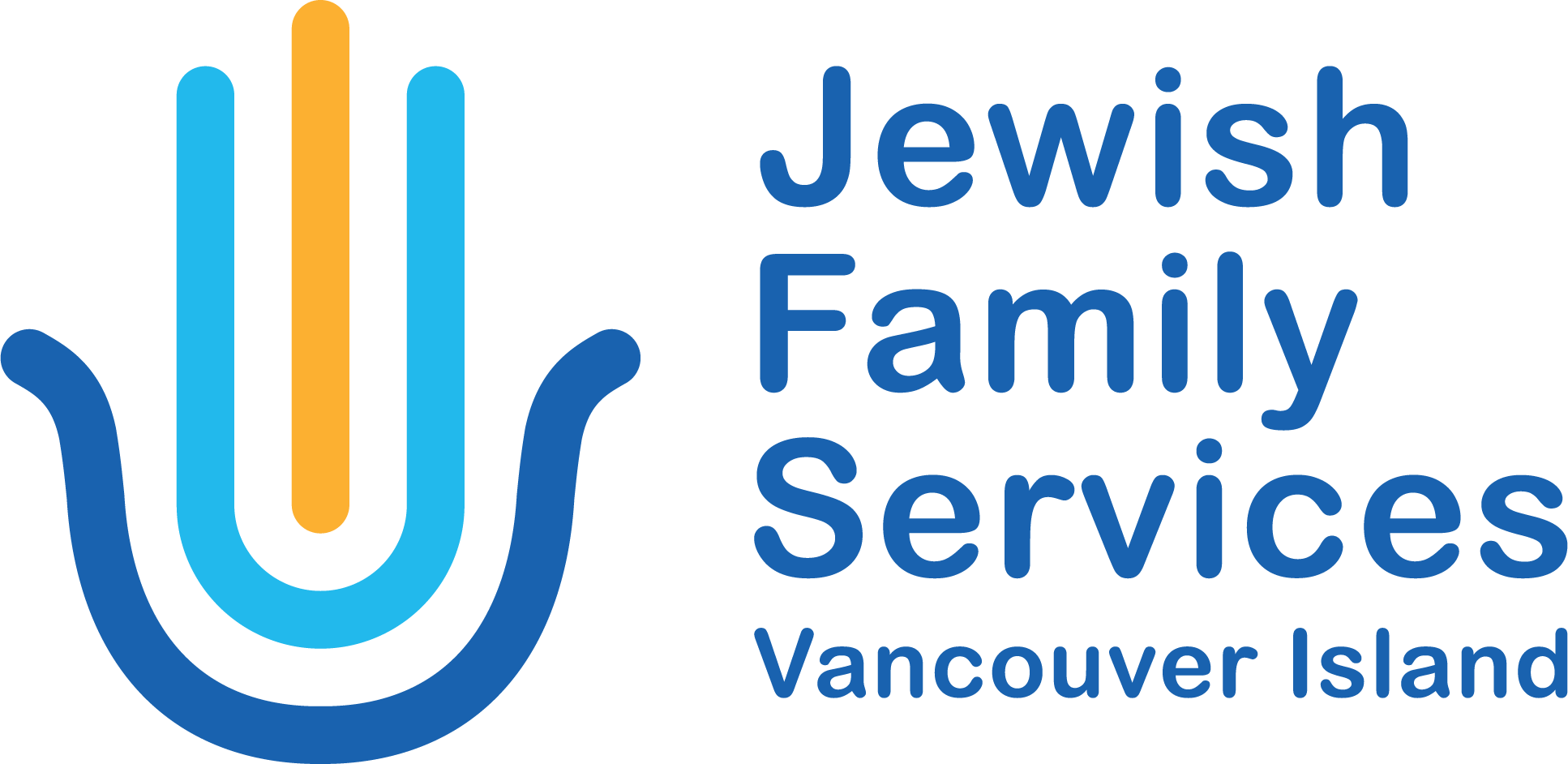Tikkun Olam-Repairing the World by Helping Community Members in Need
by Dr Elior Kinarthy
What does the phrase “ Tikkun Olam” signify? Tikkun Olam translated from the Hebrew to English means to repair the world. Colloquial usage often represents “Tikkun” as to fix the world, but in Judaism the idea of repair is to return back to its original state. To repair is a concept that implies free will, rather than to fix something which can be more limiting.
How can each one of us as individuals transform and repair our surroundings? We can help by participating in communities that support people in need.
How does one create a supportive community?
Come up with an idea that will attract people and benefit them in measurable ways
Advertise and through word of mouth develop a following
Measure your impact through surveys, testimonials and record people’s comments
A successful community provides for two kinds of needs, superficial and essential.
Superficial needs can provide food at affordable prices and
include entertainment and social interactions.
Essential needs are caring for people as human beings and showing them love and respect.
Most community groups eventually decline because they only appeal to the originators of that community and do not reach the substance of the individual’s essential needs.
In Hebrew, a person’s individuality is called their “nefesh” which roughly means the essence of their humanity. In the discipline of psychology, a successful clinician must be capable of “mode switching” a term that means to clear the mind of preconceptions. One should appreciate and respect a patient in order to affect positive change.
The Saanich Green Market strives to achieve the ideal of interacting with patrons as individuals. This involves accepting people as they are with no biases, prejudices, judgements, income barriers or income testing. The staff and volunteers work to create connections at each market that are deeper than a superficial hello. People who come to the market are not simply customers who purchase wholesale produce. They are the beloved members of our communities. This reflects the embodiment of Tikkun Olam, repairing the world, one person at a time.
